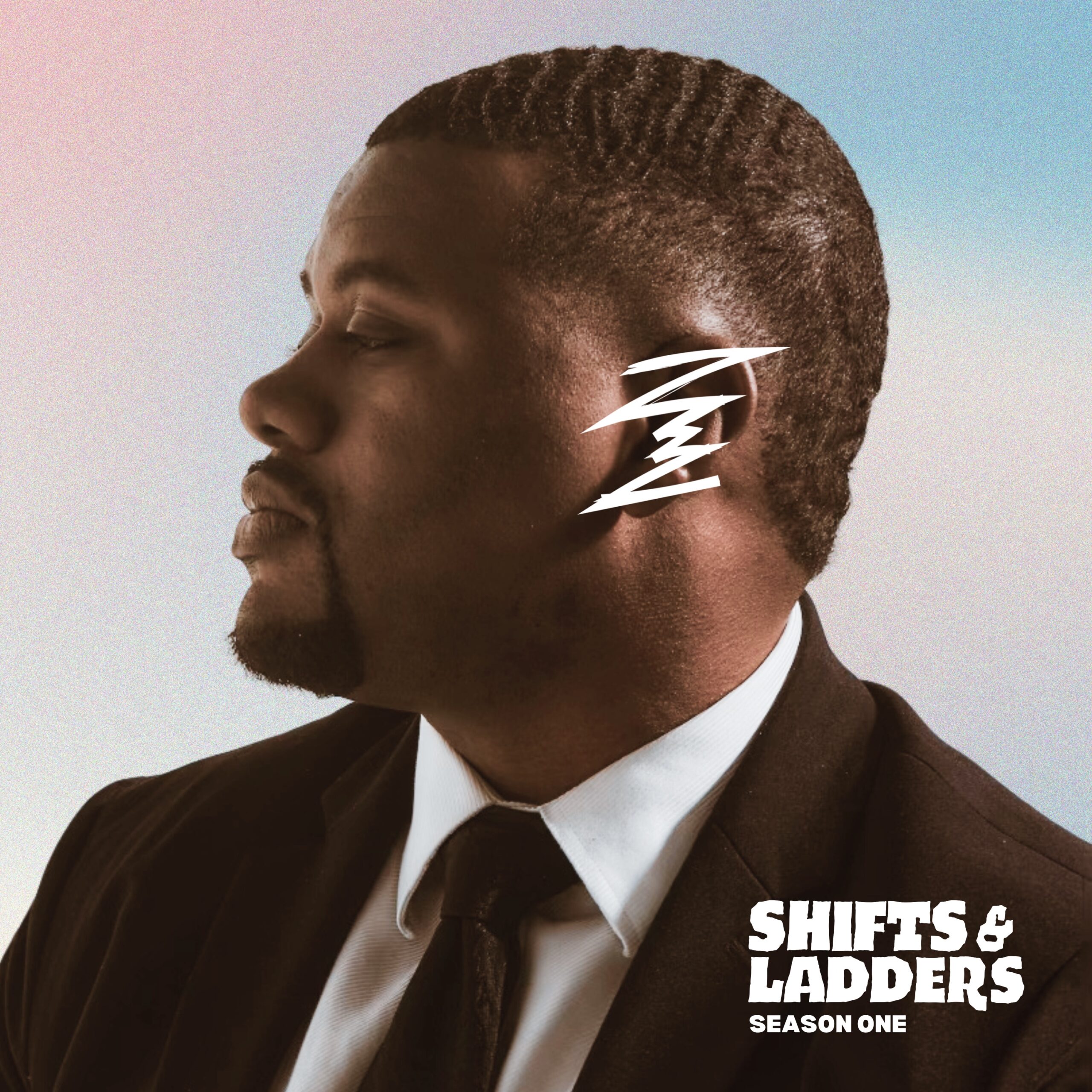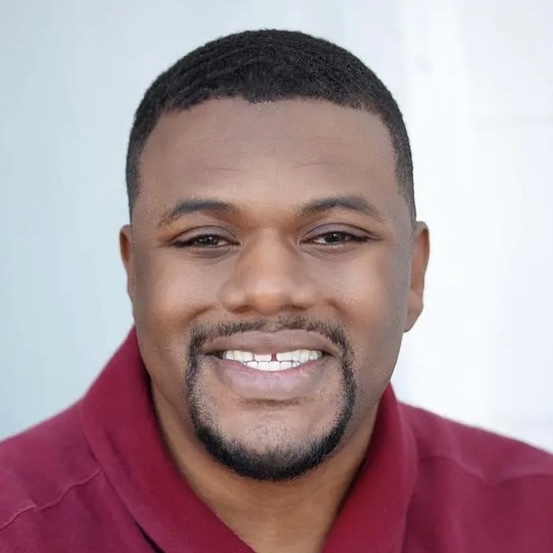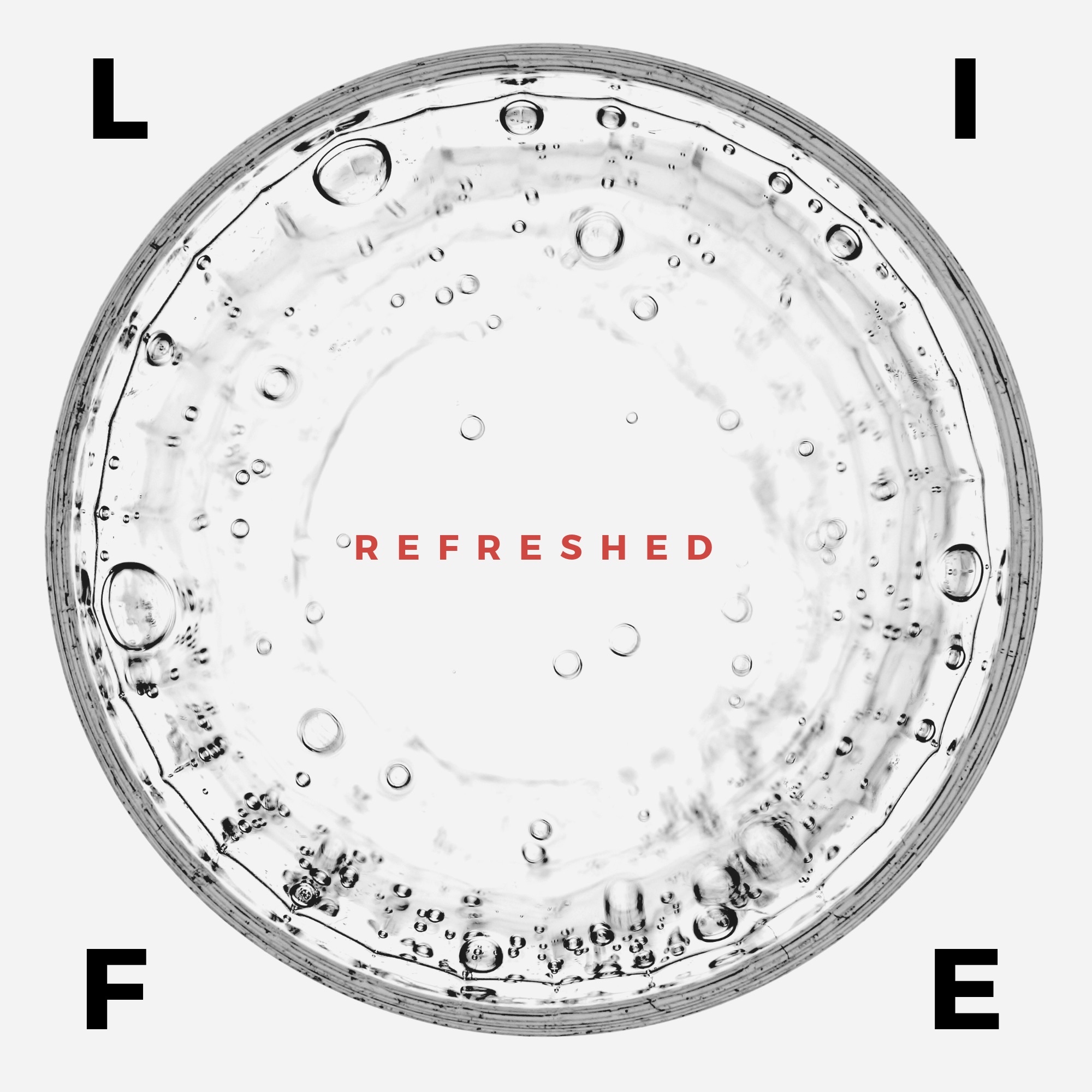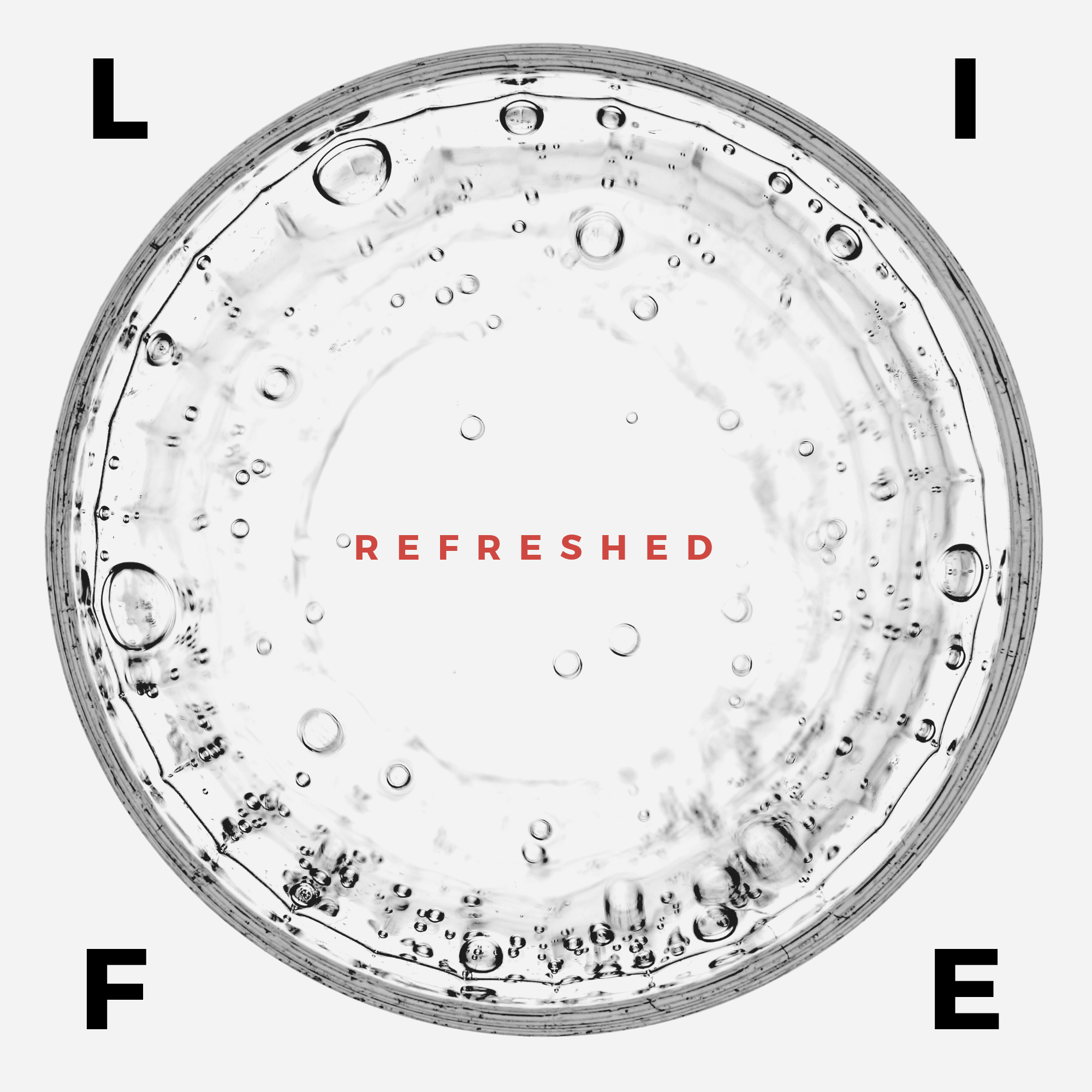Unlock the secret to achieving your personal goals with Simon Senek’s Golden Circle concept! In this enlightening journey, we delve into the essential strategies that drive self improvement and foster personal growth. Whether you’re seeking to enhance your life through effective life coaching techniques or simply want to better understand the path to your aspirations, this video is designed for you. Join us as we explore actionable steps and insights that will empower you to overcome obstacles and reach your fullest potential. Don’t miss out on discovering the keys to success that can change your life forever! Tune in now...
View Full Transcript
Episode Transcript
[00:00:00] Why take the time to define what you want if you don't know why you want it? Let's talk about it here in the next pod.
[00:00:29] Hey, everyone, it's Ryan Robinson. Welcome to shifts and ladders. Excited for you to be with me today.
[00:00:36] Last week, we started going through this process of defining what you want. And we've used examples that Jesus even himself asked when someone was shouting, believe it's blind. Bartimaeus was asking to be healed. And Jesus says, what do you want?
[00:00:58] And he said, I want to be. I want to see. And Jesus says, your faith has healed. You go on about your way. And most of the time, when we are always asked, what do we want? We do not have a answer. An answer. Let me get grammatically correct. We don't have an answer because I don't think we spend enough time trying to discover what we really want. Okay.
[00:01:28] Most of the time, we just get left out in the thought process of it. But more important than what? Than what we want. We need to understand why we want it in the first place. Okay. There's a book by Simon Sinek, and if you haven't heard of him, google him. He has this TED talk that has probably hundreds of millions of views at this point. But his first book was called start with why. Start with why. And the tagline in it, let me be correct with this, is. Here we go, is how great leaders inspire everyone to take action. Okay? And he has this concept in this book called the Golden Circle. And the golden circle framework is something that at the core of it, I mean, obviously, clearly, it's a circle, but at the core of the circle, it's a what, a why. That's the clear reason why. Um, then outside of that circle is how. And then outside of that circle is what. And then it's wrapped around a y, which actually prompts us to get to why we want something in the first place. Right? So we start doing the work. So we start with yemenite what, how, why? Okay. That's the steps in the process for that.
[00:02:55] But most of the time. And be completely transparent, I don't think I've even done some of the work necessary to get to the root cause as to why we want something. There are tools out there like they call the five whys. We keep asking why so many times to get to the main why, and you can't keep going backwards to what it is or the reason why you're doing it. But what's so challenging with it is that we don't spend enough time with ourselves, being honest with ourselves as to why we want what we want. We say we want to be a millionaire. Why do you want to be a millionaire? Is it because you don't want to go to work?
[00:03:36] You want to be able to do you want to be able to travel, you want to be able to spend more time with your kids? That is actually a better why, to be motivated to do some of the things that you actually want to do.
[00:03:48] And that's the, that is the most challenging thing because it's never the reason, the reason you give is never the reason why you want something that you want. There's something deeper. There's something that anchors you a little bit deeper than just, oh, I want to look good in the mirror if I've been working out all day long or working out however many times a week, or you're eating so many good things so that your body can respond certain ways. There's reasons why, there's real reasons why, but most of us don't want to spend the time to understand what that actually is.
[00:04:27] So have you taken time to discover what those challenges are for you?
[00:04:35] Have you taken the time to understand why you want what you want?
[00:04:40] And then once you understand why you want what you want, you need to be accountable to that.
[00:04:45] You need to figure out, how can I keep myself motivated into doing what I want to do. There is a, in one of the books I've read, there is a story of this man who went to the doctor, and the doctor kept telling him, say, you know, I need you to lose weight. Your blood pressure is going up. You're starting to have some medical issues that, you know, we won't be able to deal with if you don't lose the weight that you need to lose. And, you know, year after year, this man kept going back and, you know, he got a little better, but he couldn't sustain it or keep it. And then he would go back again, and then he was, you know, he would fall off and he back on all those kinds of things, right? And then one day he is working with his son and he's seeing his kids play outside and he's starting to get winded.
[00:05:46] He's starting to get tired. And eventually the kids just stopped asking him to come outside because they didn't want their dad to be out of breath. They didn't want him hurting himself.
[00:06:00] They didn't just want him being an observer of their fun. They wanted him. He wanted them to engage with their funeral. And the kids said, you know, daddy, you don't have to come out with us. You know, we know that you're not feeling well, and we know that you're not able to hang out with us as long. And this is a young kid. Now, young kids are brutally honest. They have no filter. And because they have no filter, their words hurt.
[00:06:28] I have a seven year old, a now seven year old, actually. And sometimes her honesty, well, actually, nuts sometimes, all times, her honesty is very refreshing, but it's also very piercing and it hurts.
[00:06:45] So if you ever been around kids, they have this way of just telling you like it is. And this man hurt his children, and he calls his doctor and he says, what do I need to do? So, well, I need to reach. I needed to get to this pound. So I think, I can't remember what the specific number, but his blood, his cholesterol needed to go down. His blood pressure needed to come off, come down. He also wanted to get rid of some of the medication that he was on because the medication was actually a response to high blood pressure, high cholesterol, so on and so forth. So over a year or two, a year, I'd say a year and a half, he had got on this journey to lose weight.
[00:07:32] And eventually this man lost all the weight and was able to spend time with his kids and hang out and have moments. And the person in the book that was going through the workout changes said this. He said losing weight for me was cool.
[00:07:56] I was letting myself down.
[00:07:59] And, you know, we all do that at some point. But he says this. He says, once I anchored my idea and vision to something bigger than me and memory, and my why got deeper and more important.
[00:08:16] That's all I was thinking about. When I was at the gym, I was just thinking about hanging out with my son when I was lifting weights. I was just thinking about having dinner with my daughter.
[00:08:26] I had a why. That was strong enough to keep me locked in for as long as I needed to, because what was more important than the pain that I was experiencing were the memories that I wanted to make with my kids.
[00:08:42] Most of us have shallow dreams because it's for us, not for them, not for our family, not for our friends. We think that money would be the answer for us. It never usually is.
[00:08:59] We think that influences is what we want.
[00:09:03] Why do we want the influence? Because we want the attention.
[00:09:07] These are like, tough questions. You don't. No one likes to be asked why. Everyone gets defensive when someone asks them why. This is the way that it is.
[00:09:19] And let me remind you, you need to ask yourself why you do what you do when you do it. Because if you don't know why, why are you doing it in the first place?
[00:09:34] You can't define what you wouldn't be able to defend or create a plan on how to do it. If your why is not big enough or strong enough and compelling enough for you to move.
[00:09:48] There is a, gosh, it's going to be a shorter pot today just because I need to let this one soak in. Because why we do what we do is so important.
[00:10:08] Most of us do things because we think they sound good.
[00:10:14] I mean, we use these, I'll call them trigger words. That's a bad thing. Not trigger words, words that sound good.
[00:10:27] Corporate words, other words. Vulnerability words.
[00:10:34] That's a buzzword really, these days of vulnerability.
[00:10:38] But are we really doing what the word is defined as?
[00:10:46] If you can really articulate it and say, you know what, I'm vulnerable.
[00:10:52] No, vulnerability is not said. It's shown.
[00:10:58] All these things are shown and they compel you, they motivate you to move.
[00:11:08] Why do you work the way you work?
[00:11:11] Why do you drive the kind of car you like to drive?
[00:11:17] Why are you, why am I even doing this podcast? For example, I had to get real with my, why?
[00:11:24] Why am I showing up? Why do you show up every day?
[00:11:28] Why do you, why are you motivated by what you're motivated by?
[00:11:34] And really, is that the real motivation as to why you're doing it in the first place?
[00:11:39] These are questions that if you don't even get to yet, your definition of what you want will be shallow and won't be motivating enough.
[00:11:50] Let me see that. Say this. It won't be disruptive enough, a strong enough. Why has the power to disrupt your day to day?
[00:11:59] Most of us actually want iterative changes, which is, you know, it's fine. It's fine. It's like going from, you know, one version of the Walkman. I'm using a different technology instead of using an ipod, but it's utilizing a Walkman with foam headphones than going to a thinner Walkman with in ears that are. They don't have any foam. They're not over. So you're using different technology. It's the same thing, but it's an iteration of, it's just better. It's refined, it's about ten to 15% better. But if you're going to disrupt your own life so that you can be better, that you can become better, your why has to be strong enough to say, you know what, I don't need this I want, the reason why I want this to be better is because I want my kids to do and be and have something better than what I've had. And then you have the. The ammo, the fuel. You need to be able to take your ideas and create something completely new.
[00:13:08] In Simon Sinek's book, or actually in his TED talk, he actually refers to Apple as to why Apple is so innovative.
[00:13:15] Spoiler alert I don't want to give you a spoiler alert of what it is, but it's like I said, it's been seen so many times that he utilizes Apple as a reason or an example of to why a company who is motivated on technology and creating keeps themselves disciplined over time and why they just don't have a litany or a whole menu of product categories.
[00:13:45] And why did they decide to just stick with the few that they have?
[00:13:51] And that to me, everyone is because they had a strong enough why that keeps them coming to work every day.
[00:13:58] And they have stories of people who have benefited from these, the tools that they've created, and they've seen what people have become as a result of their equipment.
[00:14:13] So with that said, what is your why that gets you doing what you do when you do it?
[00:14:22] And if you have any dreams and aspirations that you're trying to define, is what you're defining strong enough for you to be motivated to keep it going, to keep staying the course for whatever that looks like? The thumbs up came up. I guess I got a strong enough why, but I want you to be able to at least reflect because we're not going to be able to get any further in this journey if we don't define what we want, which we did first. But two, we are not understanding why we want what we say we want. You have to get to those two things before we can go on to the next step. All right, now with that said, if you're listening on podcasts, subscribe to us on podcasts on YouTube, on Spotify, wherever you are digesting this content. And if you would be so kind, tell a friend, because we really want you and want to help other people make the shifts and elevate to new heights and levels.
[00:15:25] All right, so with that said, we'll catch you in the next one. Peace.




